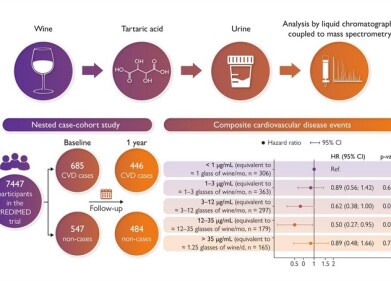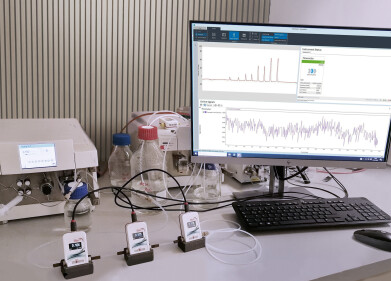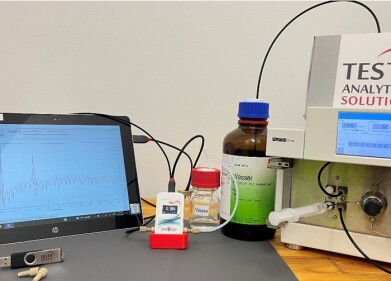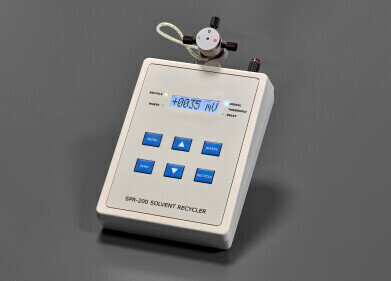Chromatography
Can Drinking Reduce the Chance of Diabetes?
Aug 08 2017
From damaging the liver to messing with the memory, it’s no secret that drinking isn’t exactly a healthy pastime. But according to the latest research from the Netherlands, people who drink three to four times a week are less likely to develop type 2 diabetes than their teetotal counterparts.
Carried out by a team of Danish researchers, the study suggests that substances like wine can play a role in regulating blood sugar levels. The alcohol intakes of more than 70,000 people were surveyed, with results published in clinical and experimental research journal, Diabetologia.
Binging versus pacing
Prof Janne Tolstrup, leader of the study was quick to remind people that while alcohol could help ward off diabetes, it’s not an invitation to binge drink. Instead she explains that spacing out weekly drinks is an important part of reaping the potential benefits.
"We found that drinking frequency has an independent effect from the amount of alcohol taken,” she says. "We can see it's a better effect to drink the alcohol in four portions rather than all at once."
Outdrinking diabetes
So just how beneficial could alcohol be when it comes to minimising the risk of diabetes. After comparing the health records of participants, the team found that moderate drinking three to four times a week significantly reduced a woman's risk of diabetes by 32%. Men enjoyed a similar figure, with moderate drinkers 27% less likely to develop diabetes.
As expected, not all alcohol is created equal. The findings also found that wine appears to be particularly beneficial because of high levels of polyphenols which help to manage blood sugar. Men who consumed one to six beers a week lowered their risk of diabetes by 21%, though there was no impact on women. Furthermore, females consuming spirits increased their risk of diabetes while males appeared to be exempt.
Research not a “green light”
While she admits that it’s interesting research, Dr Emily Burns, head of research communications at Diabetes UK reminds Brits not to see them as a “green light” to consume more alcohol than recommended in existing NHS guidelines".
Other experts were more critical, with Public Health England spokeswoman Rosanna O'Connor commenting, "It is not helpful to talk about the effect of alcohol consumption on diabetes alone.”
From metal elements to arsenic, all alcohol manufacturers must abide by strict guidelines when it comes to contamination. For a closer look at the techniques used to monitor toxins ‘How Safe is Safe? Analytical Tools for Tracing Contaminants in Food’ spotlights the role of modern hyphenated analytical techniques such as chromatography (LC-MS), spectroscopy and mass spectrometry.
Digital Edition
Lab Asia 31.6 Dec 2024
December 2024
Chromatography Articles - Sustainable chromatography: Embracing software for greener methods Mass Spectrometry & Spectroscopy Articles - Solving industry challenges for phosphorus containi...
View all digital editions
Events
Jan 22 2025 Tokyo, Japan
Jan 22 2025 Birmingham, UK
Jan 25 2025 San Diego, CA, USA
Jan 27 2025 Dubai, UAE
Jan 29 2025 Tokyo, Japan



















